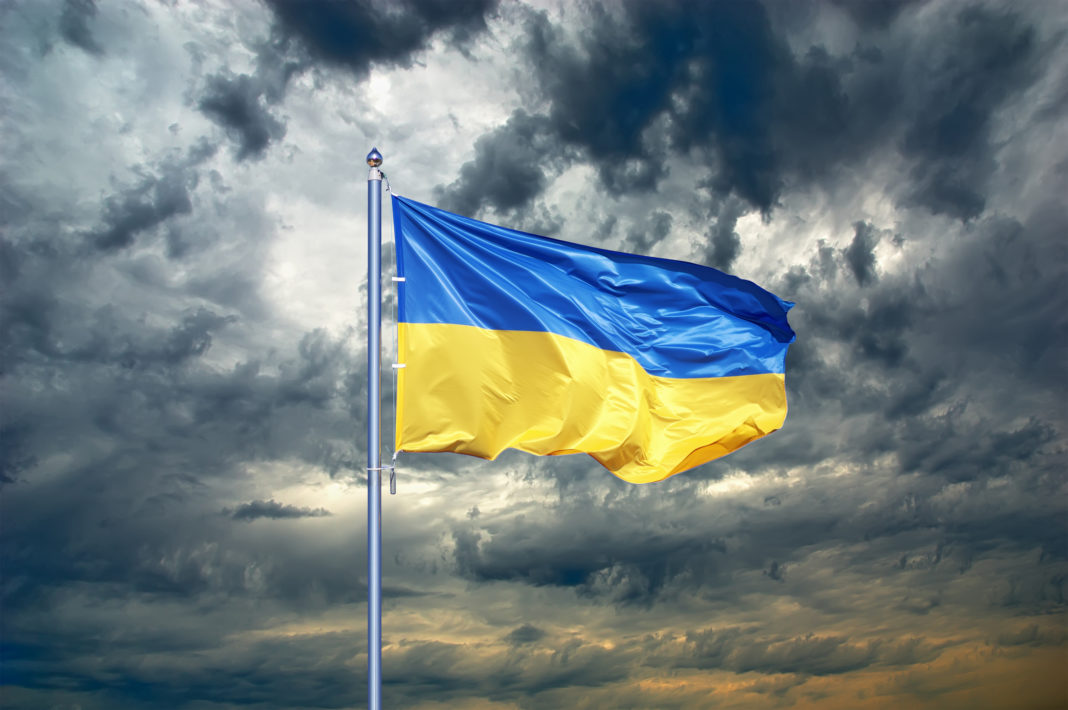Ukraine has become a popular place to book an AirBnB because of the war, not despite it. More than 60,000 reservations were made in that country in just two days in early March. The reservations were a spontaneous thing; people around the world were using AirBnB to deliver financial assistance.
AirBnB has pitched in to the “pay, don’t stay” bookings by waiving guest and host fees (typically seventeen percent) on their platform, meaning that millions of dollars, at least in theory, are flowing into the Ukrainian economy. Unfortunately, the trend has created a situation that scammers will be eyeing.
Paying money for no-show goods or services is the very essence of a scam. The prospect of tens of thousands of people entering into such an arrangement willingly is guaranteed to attract criminal activity. While AirBnB has a verification process for hosts, scams persist on the service worldwide.
In the current climate, it’s difficult to confirm that funds get to their intended recipients, which is an ideal set-up for siphoning money from well-wishing marks. Scammers thrive when there is a crisis. Major humanitarian disasters and conflicts such as the one in Ukraine are often accompanied by widespread fraud, identity theft and corruption.
While the actions of AirBnB and intended donors to the Ukrainian people are laudable, the potential for criminal activity around this makeshift fundraising idea seems high. Consider donating through more conventional channels, at least until AirBnB announces a more thorough vetting process.










